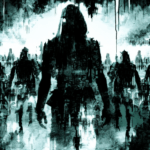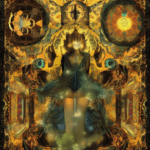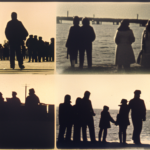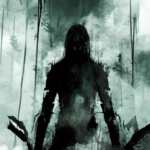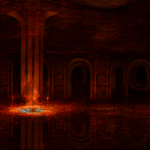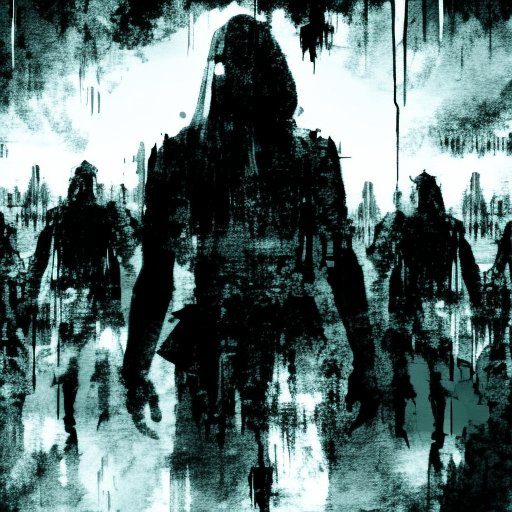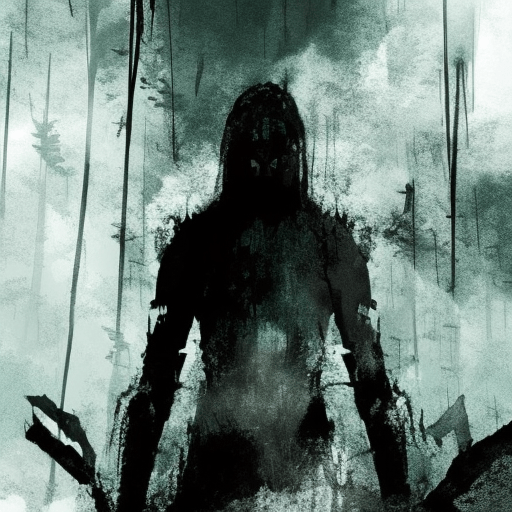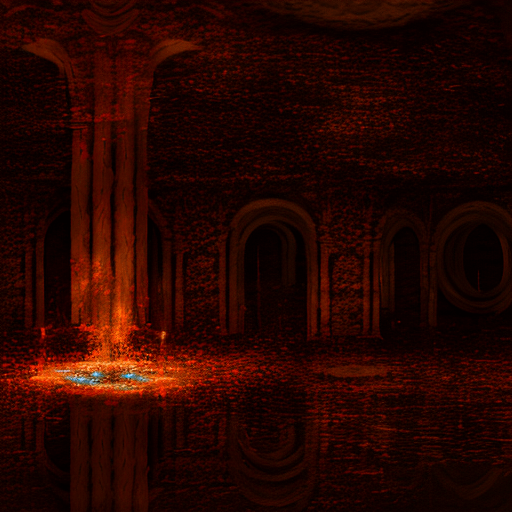One-line summary:
In “At Night All Blood is Black,” author David Diop explores the psychological toll of war through the haunting story of Alfa Ndiaye, a Senegalese soldier fighting for France in World War I.
The horrors of war:
Set during World War I, “At Night All Blood is Black” delves into the brutal realities of war and its profound impact on the human psyche. The story follows Alfa Ndiaye, a young Senegalese soldier fighting for France, as he navigates the horrors of the battlefield and grapples with the loss of his childhood friend, Mademba Diop.
As the war progresses, Alfa becomes consumed by a thirst for revenge, seeking to avenge Mademba’s death. He resorts to brutal tactics, mutilating the bodies of fallen German soldiers, in an attempt to cope with his grief and find a sense of justice. Diop’s vivid and visceral descriptions of the violence and chaos of war paint a harrowing picture of the psychological toll it takes on those involved.
The weight of colonialism:
Embedded within the narrative is a critique of the colonial system that led to the involvement of African soldiers in a war that was not their own. Alfa and his fellow Senegalese soldiers are treated as disposable pawns by their French superiors, who view them as little more than cannon fodder.
Diop explores the complex dynamics of power and oppression, highlighting the dehumanization of African soldiers and the erasure of their individual identities. Through Alfa’s perspective, the author sheds light on the racial prejudices and inequalities that underpin the colonial enterprise, exposing the hypocrisy of a war fought for freedom and justice while denying those very ideals to its African participants.
The descent into madness:
As Alfa’s obsession with revenge intensifies, his mental state deteriorates, blurring the lines between reality and delusion. Diop skillfully portrays the psychological disintegration of his protagonist, capturing the inner turmoil and anguish that war inflicts on the human mind.
Alfa’s descent into madness is marked by his conversations with his bayonet, which he believes to be possessed by the spirit of Mademba. These hallucinatory dialogues serve as a haunting reflection of Alfa’s fractured psyche, as he grapples with guilt, trauma, and the overwhelming weight of his actions.
Key takeaways:
- War has a profound psychological impact on those who experience it, often leading to trauma, guilt, and a loss of identity.
- The colonial system perpetuates racial inequalities and dehumanizes those it oppresses, as seen through the treatment of African soldiers in World War I.
- Vengeance and the pursuit of justice can consume a person, leading to a descent into madness and the blurring of moral boundaries.
“I am not a man anymore. I am a wound.”
In “At Night All Blood is Black,” David Diop masterfully explores the devastating effects of war on the human psyche, shedding light on the horrors of conflict, the weight of colonialism, and the descent into madness. Through Alfa Ndiaye’s harrowing journey, readers are confronted with the profound psychological toll of war and the complexities of power, race, and identity.



